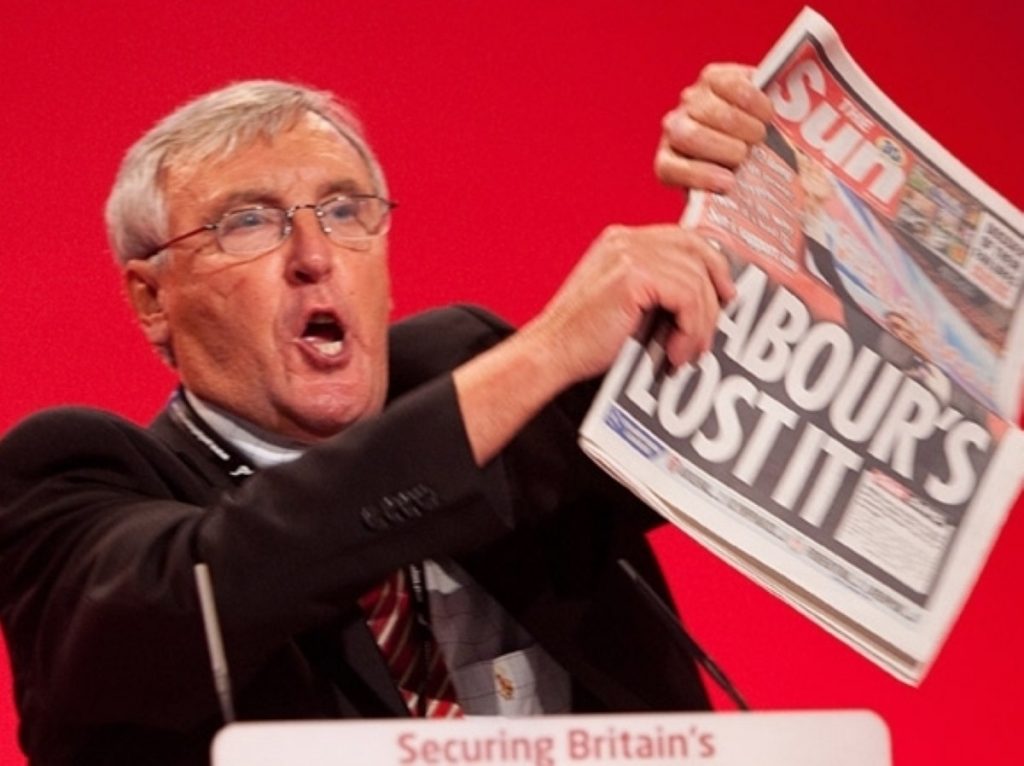Labour manifesto: No new spending
By politics.co.uk staff
Reports about the contents of the Labour party manifesto suggest there will be no big spending pledges in the document when it is published tomorrow.
The booklet is expected to guarantee a doubling of paternity pay, however, and new protections for British companies from takeovers.
The paternity policy would extend the current two-weeks leave available to new fathers. It would complement existing policies coming into effect in April next year allowing mothers to transfer the second half of their year-long maternity leave to the father.


Speaking at a SureStart centre in Walthamstow today, climate change secretary Ed Miliband said: “We have built this manifesto not just on conversations with party members, but with people and businesses all over the country.
“Above all this a manifesto which is a manifesto for the future.
“It is a manifesto which is not a business-as-usual manifesto because these times do not demand business as usual.”
Media sources also indicate there will be support for first time homebuyers. Labour has spent considerable time trying to appeal to this group ahead of the election, with a pledge in the Budget to reduce stamp duty for first-time buyers purchasing homes under £250,000.
There will also be new restrictions on the take over of British firms, prompted presumably by the Kraft purchase of Cadburys, which can rule out a move on the basis of the public interest. The Tories are thought to disagree with the move.
A new ‘Super ISA’ savings account for 18- to 30-year-olds is also expected in tomorrow’s manifesto, supported by government money. Extra sport and art teeaching in primary and secondary schools looks set to figure in the document as well.
Talking to the Sunday Times Gordon Brown looked desperate to negate any anti-business message voters may have recieved from his comments concerning business leaders during the row over national insurance cuts last week.
“You will be surprised by the pro-business nature of the manifesto, the pro-enterprise nature of the manifesto, and pro-industry nature of the manifesto,” he said.
The Observer reported that the manifesto would contain plans to make energy companies reduce the bills of about a million poorer penioners by £100 a year.
Early briefings suggesting the manifesto will involve no big spending projects reflects Labour’s vulnerability to Conservative attacks on the party’s sense of financial responsibility.

